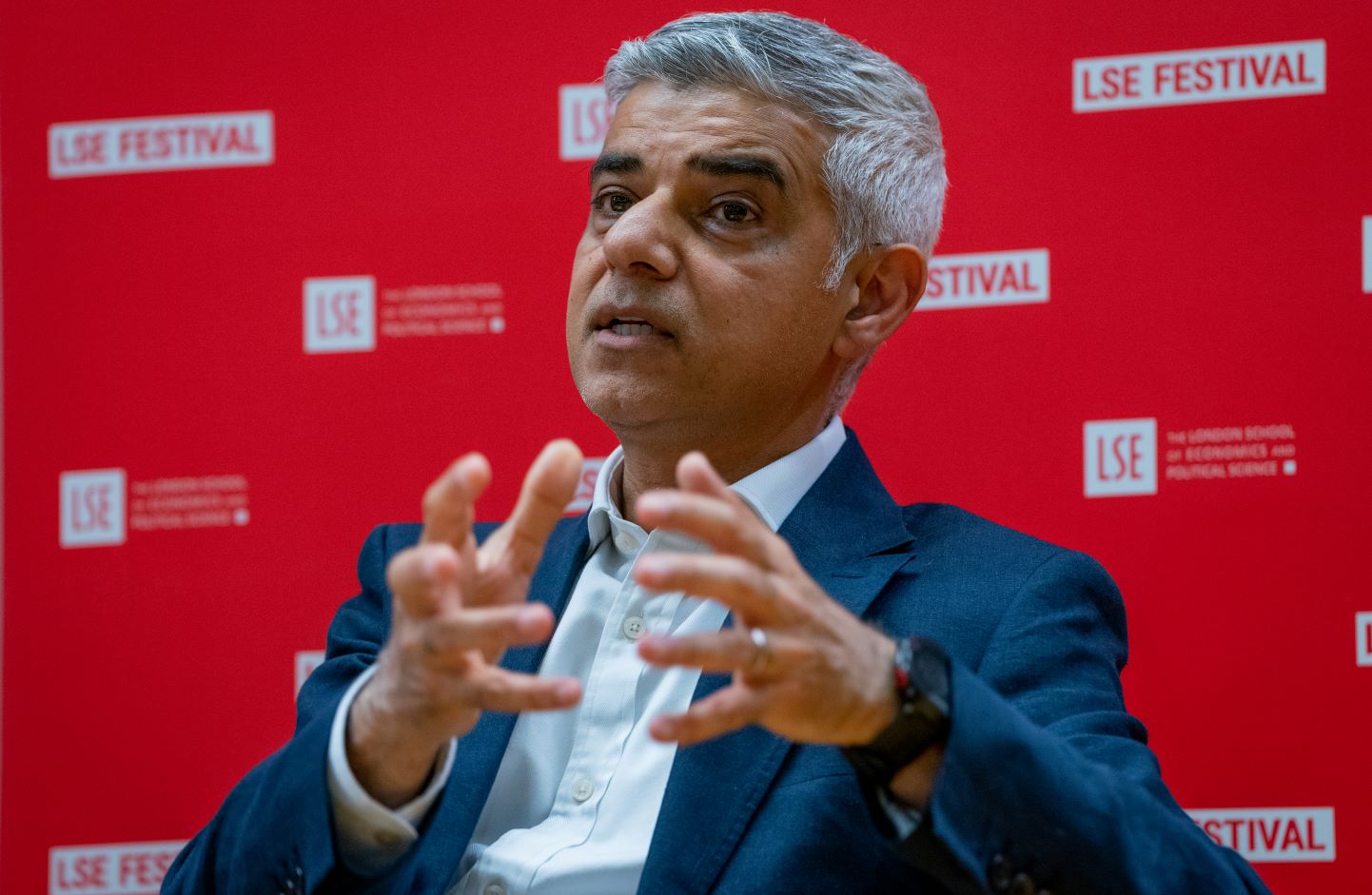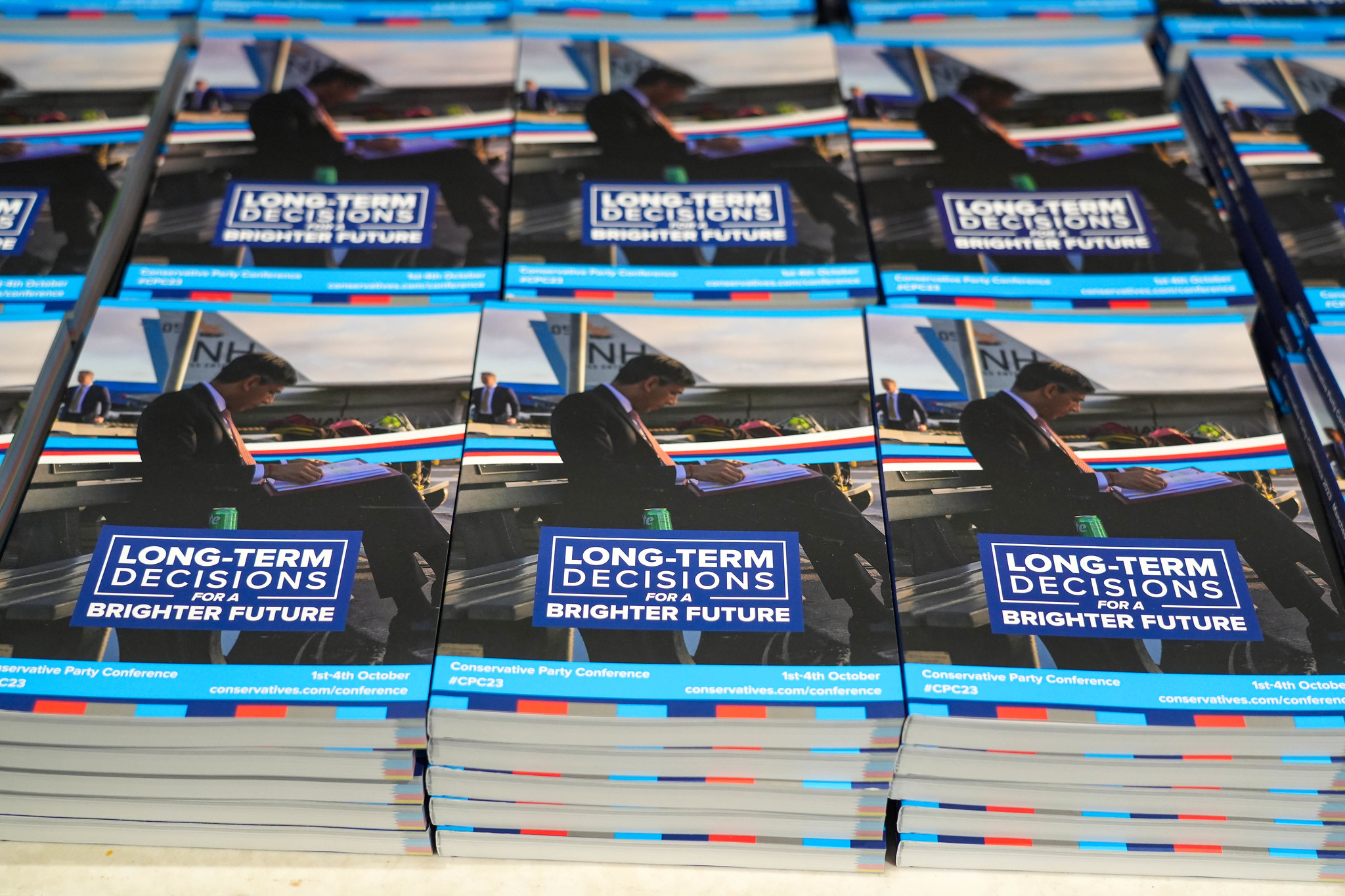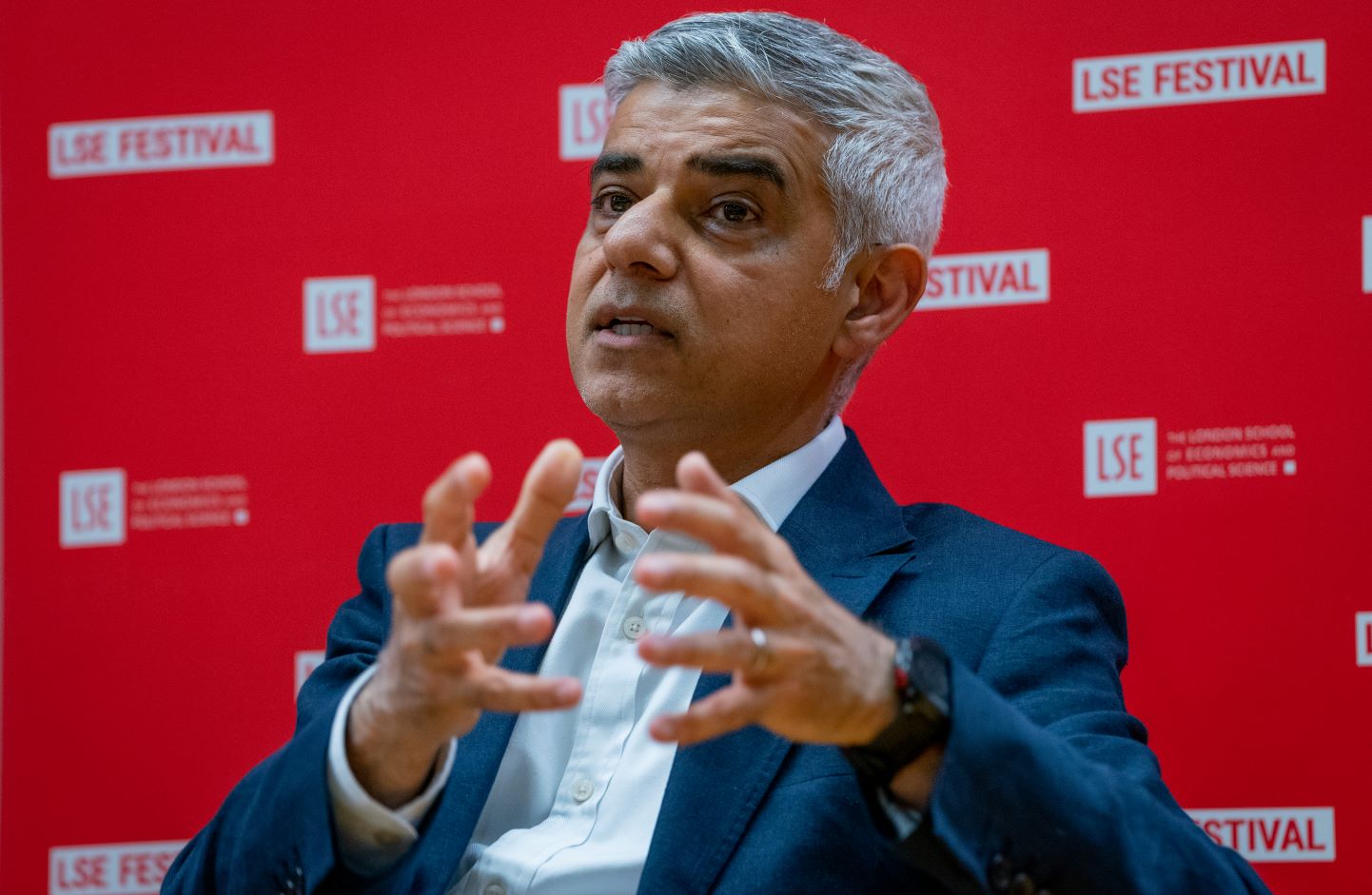In the run up to London’s mayoral election, misinformation regarding ULEZ has been promoted and weaponised by candidates like Susan Hall. This tactic distorts the public’s perception of environmental policies more broadly, impacting not just local elections but the upcoming general election, argues Pallavi Sethi.
Last week, I received the London mayoral address booklet featuring manifestos from 11 candidates competing in May’s local elections. Among the numerous policies addressed in the different campaign manifestos, one issue emerged as a recurrent theme: the Ultra Low Emission Zone (ULEZ), a climate policy designed to improve air quality and mitigate pollution. The latest findings, outlined in a March report published by the Greater London Assembly and Transport for London, indicate a 49 percent reduction in nitrogen dioxide concentrations—a key pollutant linked to respiratory disease. Yet, a significant proportion of the mayoral candidates—six out of eleven—have pledged to scrap the ULEZ if elected.
Despite the scientific evidence supporting the ULEZ’s positive impact on air pollution and health, there has been an abundance of ULEZ-related misinformation, some of which is supported by the mayoral candidates running for office. Climate misinformation has been weaponised by mayoral candidates, distorting the truth around policies like ULEZ with far-reaching potential consequences for climate policies more broadly.
The role of ULEZ in the mayoral elections
ULEZ has been a divisive issue in the mayoral race, with Conservative candidate Susan Hall emerging as a prominent opponent. Since declaring her candidacy in July 2023, Hall has authored 45 opinion pieces in newspapers such as the Evening Standard, the Express, and the Daily Telegraph. Nearly three-fifths of these —29 pieces—either promise to “scrap” ULEZ or sharply criticise the incumbent Sadiq Khan’s “unfair ULEZ expansion.” In contrast, Sadiq Khan has contributed to 22 commentary pieces, with only four touching upon the ULEZ. Meanwhile, Howard Cox, mayoral candidate of the Reform party, has written 15 commentaries, of which almost half attack the ULEZ.
A Greenpeace investigation revealed that Hall is part of an anti-ULEZ Facebook group that regularly disseminates ULEZ misinformation, conspiracy theories, and Islamophobia.
However, Hall and Cox’s anti-ULEZ campaign has extended beyond written commentary. Both candidates have attended anti-ULEZ protests, which had some affiliations with conspiracy theorists. In January 2024, Hox attended one such protest and claimed, “we do not need Ulez. Science proves we don’t need it.” Hall participated in an anti-ULEZ protest on Monday, during which she was photographed with Nick Arlett, a prominent anti-ULEZ campaigner known for espousing Islamophobic views and conspiracy theories. Hall has also faced allegations of involvement in a group that promotes racism. A Greenpeace investigation revealed that Hall is part of an anti-ULEZ Facebook group that regularly disseminates ULEZ misinformation, conspiracy theories, and Islamophobia.
Hall and Cox are not only willing to be affiliated with extremist, Islamophobic views and conspiracy theories for the sake of advancing their political careers, they are also willing to use misinformation to do so.
Hall has repeatedly accused Khan of secretly planning to introduce a pay-per-mile scheme wherein drivers are charged based on the distance travelled.
How politicians weaponise misinformation
In the lead up to the election, numerous false narratives regarding ULEZ have been actively promoted, sometimes by candidates themselves. Conservative candidate Susan Hall has leveraged misinformation to rally opposition against ULEZ and criticise Sadiq Khan. Hall has repeatedly accused Khan of secretly planning to introduce a pay-per-mile scheme wherein drivers are charged based on the distance travelled. Despite independent fact-checkers debunking the claim and Khan consistently denying any intention to implement the scheme during his tenure, Hall continues to promote this bit of misinformation. Presenting hypothetical situations as imminent threats distorts the perception of such policies and has the potential to turn public opinion against them, even if they would have supported the actual policy.
What is particularly concerning is not just the propagation of baseless claims but the weaponisation of this misinformation to stoke fear about existing climate policies.. In her commentary pieces, Hall has often dubbed the hypothetical pay-per-mile scheme “ULEZ 2.0,” claiming Khan’s involvement in what she terms “plotting his next cash grab.” Invariably, all her 13 op-eds referencing pay-per-mile are intertwined with discussions regarding ULEZ, wherein she vehemently criticises its implementation.
Hall has also circulated an image on Twitter that shows a ULEZ road sign alongside a digitally altered sign indicating pay-per-mile. Ironically, the original image is from a fact-check conducted by the Grantham Research Institute on ULEZ. Other instances of promoting misinformation include a misleading leaflet distributed by the Conservative party. The pamphlet resembles a traffic violation ticket, which promotes false claims about pay-per-mile. Notably, the leaflet fails to adhere to election rules by lacking clear labelling. These examples exemplify the deliberate distortion of policies and facts to sway public opinion.
Misinformation’s influence on public perception and climate policy
Over the last two years, misinformation has impacted policymakers and County Councillors dedicated to advancing climate action. In December 2022, there was a surge of false claims linking Oxford traffic filters to alleged climate-emergency lockdowns. As a result, concerned residents inundated Oxfordshire County Councillors with inquiries, seeking clarification on alleged lockdowns. A County officer also found himself targeted with death threats due to misinformation. The repercussions of such misinformation extend beyond public anxiety and attacks on civil society, leading to protests and vandalism.
Misinformation can significantly impact public perception and in turn climate policy by fuelling public anxiety, inciting protests, and ultimately influencing policy decisions.
In 2023, thousands of protestors assembled in Oxford to protest against a non-existent threat: climate lockdowns within 15-minute cities, purportedly impinging on personal freedoms. Following such misinformation, Oxford Councillors removed the term “15-minute cities” from its Local plan, deeming it “toxic and incendiary.”
Over 1000 incidents of vandalism targeting ULEZ’s automatic number plate recognition (ANPR) cameras have been reported. An elusive group called “Blade Runners” emerged as the perpetrators of some planned acts. Strikingly, the anti-ULEZ Facebook group associated with Susan Hall contains posts glorifying and celebrating the destructive actions of this group. Misinformation then can significantly impact public perception and in turn climate policy by fuelling public anxiety, inciting protests, and ultimately influencing policy decisions.
During election period, it’s vital to arm yourself against misinformation to make informed decisions. Don’t take claims circulating on social media at face-value.
Climate: a key battleground in the general election
Politicians have a demonstrated history of enacting policies or making statements that contradict established scientific consensus. This pattern extends beyond the recent actions of certain mayoral contenders seeking to dismantle ULEZ despite its proven benefits. Prime Minister Rishi Sunak has exhibited similar tendencies. In September 2023, Sunak reversed the course on the UK’s net-zero policies by delaying the ban of petrol and diesel vehicles until 2035 and shelving the gas-boiler phase out. This decision directly opposed the Climate Change Committee’s (CCC) recommendation to proceed “as swiftly as possible” towards UK’s net zero goals.
Like the London mayoral elections, climate change policy, and the misinformation about it actively promoted by politicians, is likely to emerge as a central point of contention in the upcoming General elections. The Conservative party is likely to use it as a wedge issue with Labour, while the latter has shown its willingness to water down its climate policy ambitions so as to not be perceived as radical.
During election period, it’s vital to arm yourself against misinformation to make informed decisions. Don’t take claims circulating on social media at face-value. Instead, cross-reference them with reliable sources such as independent fact-checking organisations or the BBC. Be cautious of sensational headlines relying on emotionally charged language to grab attention. Lastly, familiarise yourself with common misinformation tactics, such as cherry-picking data or using out-of-context quotes to mislead the public.
All articles posted on this blog give the views of the author(s), and not the position of LSE British Politics and Policy, nor of the London School of Economics and Political Science.
Image credit: Loredana Sangiuliano on Shutterstock







